TAXATION OF VIRTUAL CURRENCIES
입력 2021.11.04 (15:18)
수정 2021.11.04 (16:45)
읽어주기 기능은 크롬기반의
브라우저에서만 사용하실 수 있습니다.
[Anchor Lead]
With just two months before the taxation of virtual currencies begins, some politicians say the regulation should be postponed due to insufficient preparation and excessive tax rates compared to stocks. But authorities are determined to enact the regulation as planned.
[Pkg]
Starting next January, all virtual currencies in South Korea will be subject to taxation. A 20-percent tax rate will apply to annual profits exceeding 2.5 million won. When buying virtual currencies for 20 million won and selling them later for 30 million won, the capital gain is 10 million won. In this case, a 22 percent tax, or 1.65 million won, will be imposed on the taxable amount of 7.5 million won. The problem is how capital gains are calculated. In many cases, verifying how much was paid originally for virtual currencies could be difficult, as virtual coins are often moved around among exchanges and can be purchased via overseas exchanges as well. The National Tax Service devised a rule whereby the price of coins whose original value cannot be determined is set at zero won. When investors have no means to prove a purchase price, the entire amount they receive for re-selling their currencies will be calculated as capital gains and taxed. Investors appear dissatisfied with the regulation.
[Soundbite] (Virtual Currency Investor) : "I wish taxation was postponed until the criteria are set. At least they should provide clear guidelines that the public can understand."
The ruling party is calling for postponing the taxation of virtual currencies by one year. They cite insufficient preparation such as income classification and lack of fairness compared to stocks or other investment assets.
[Soundbite] Kim Byung-wook(Nat’l Policy Committee) : "In taxation, acceptance on the part of taxpayers is important. There's no doubt taxpayers will protest this."
The NTS is determined to begin taxation as scheduled. On Wednesday it summoned the representatives of virtual currency exchanges to brief them on the details. The government and the ruling party will likely discuss the issue in the days to come. The possibility of clashes like the ones that happened over COVID-19 relief payouts cannot be ruled out.
With just two months before the taxation of virtual currencies begins, some politicians say the regulation should be postponed due to insufficient preparation and excessive tax rates compared to stocks. But authorities are determined to enact the regulation as planned.
[Pkg]
Starting next January, all virtual currencies in South Korea will be subject to taxation. A 20-percent tax rate will apply to annual profits exceeding 2.5 million won. When buying virtual currencies for 20 million won and selling them later for 30 million won, the capital gain is 10 million won. In this case, a 22 percent tax, or 1.65 million won, will be imposed on the taxable amount of 7.5 million won. The problem is how capital gains are calculated. In many cases, verifying how much was paid originally for virtual currencies could be difficult, as virtual coins are often moved around among exchanges and can be purchased via overseas exchanges as well. The National Tax Service devised a rule whereby the price of coins whose original value cannot be determined is set at zero won. When investors have no means to prove a purchase price, the entire amount they receive for re-selling their currencies will be calculated as capital gains and taxed. Investors appear dissatisfied with the regulation.
[Soundbite] (Virtual Currency Investor) : "I wish taxation was postponed until the criteria are set. At least they should provide clear guidelines that the public can understand."
The ruling party is calling for postponing the taxation of virtual currencies by one year. They cite insufficient preparation such as income classification and lack of fairness compared to stocks or other investment assets.
[Soundbite] Kim Byung-wook(Nat’l Policy Committee) : "In taxation, acceptance on the part of taxpayers is important. There's no doubt taxpayers will protest this."
The NTS is determined to begin taxation as scheduled. On Wednesday it summoned the representatives of virtual currency exchanges to brief them on the details. The government and the ruling party will likely discuss the issue in the days to come. The possibility of clashes like the ones that happened over COVID-19 relief payouts cannot be ruled out.
■ 제보하기
▷ 카카오톡 : 'KBS제보' 검색, 채널 추가
▷ 전화 : 02-781-1234, 4444
▷ 이메일 : kbs1234@kbs.co.kr
▷ 유튜브, 네이버, 카카오에서도 KBS뉴스를 구독해주세요!
- TAXATION OF VIRTUAL CURRENCIES
-
- 입력 2021-11-04 15:18:39
- 수정2021-11-04 16:45:12
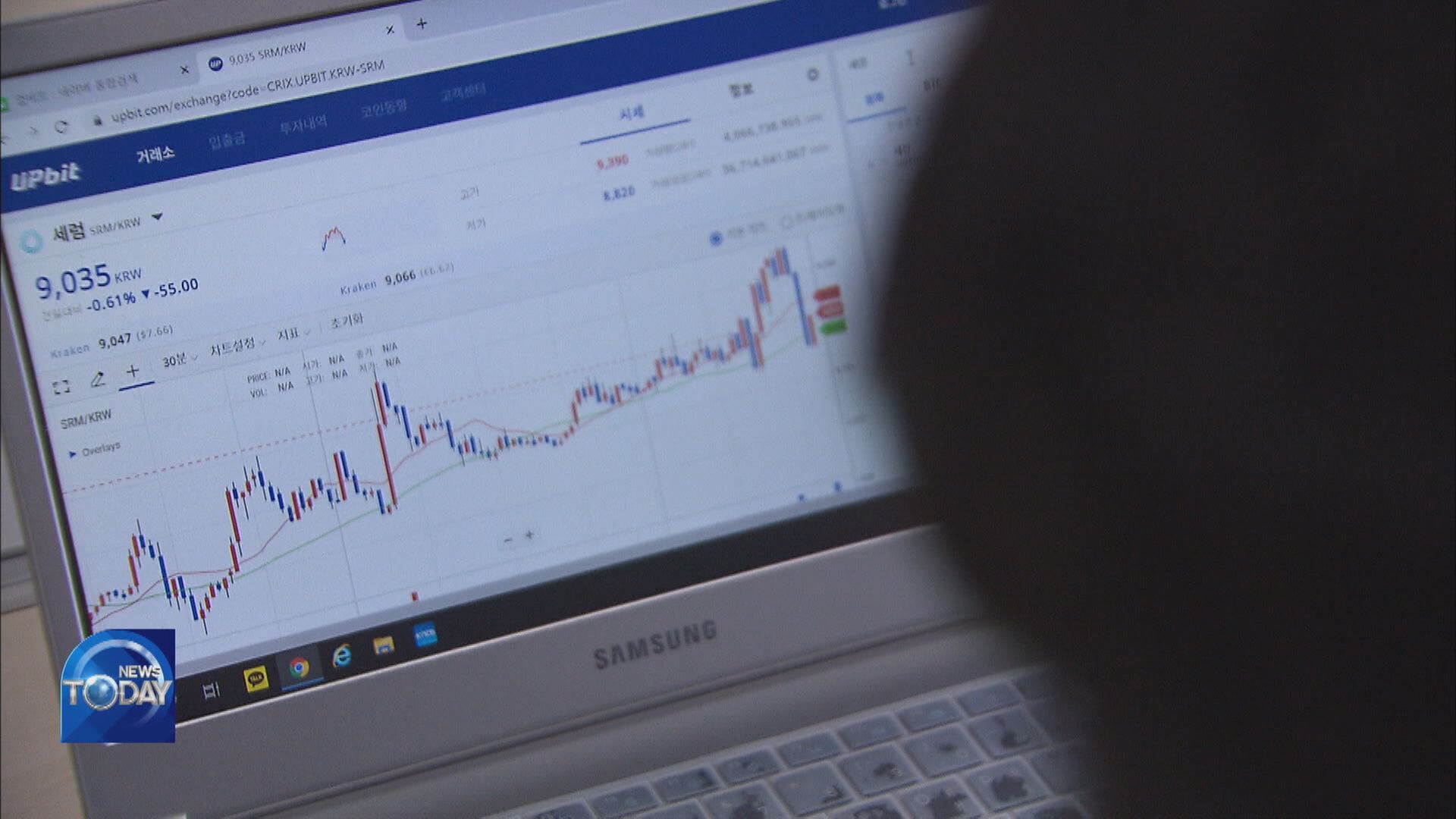
[Anchor Lead]
With just two months before the taxation of virtual currencies begins, some politicians say the regulation should be postponed due to insufficient preparation and excessive tax rates compared to stocks. But authorities are determined to enact the regulation as planned.
[Pkg]
Starting next January, all virtual currencies in South Korea will be subject to taxation. A 20-percent tax rate will apply to annual profits exceeding 2.5 million won. When buying virtual currencies for 20 million won and selling them later for 30 million won, the capital gain is 10 million won. In this case, a 22 percent tax, or 1.65 million won, will be imposed on the taxable amount of 7.5 million won. The problem is how capital gains are calculated. In many cases, verifying how much was paid originally for virtual currencies could be difficult, as virtual coins are often moved around among exchanges and can be purchased via overseas exchanges as well. The National Tax Service devised a rule whereby the price of coins whose original value cannot be determined is set at zero won. When investors have no means to prove a purchase price, the entire amount they receive for re-selling their currencies will be calculated as capital gains and taxed. Investors appear dissatisfied with the regulation.
[Soundbite] (Virtual Currency Investor) : "I wish taxation was postponed until the criteria are set. At least they should provide clear guidelines that the public can understand."
The ruling party is calling for postponing the taxation of virtual currencies by one year. They cite insufficient preparation such as income classification and lack of fairness compared to stocks or other investment assets.
[Soundbite] Kim Byung-wook(Nat’l Policy Committee) : "In taxation, acceptance on the part of taxpayers is important. There's no doubt taxpayers will protest this."
The NTS is determined to begin taxation as scheduled. On Wednesday it summoned the representatives of virtual currency exchanges to brief them on the details. The government and the ruling party will likely discuss the issue in the days to come. The possibility of clashes like the ones that happened over COVID-19 relief payouts cannot be ruled out.
With just two months before the taxation of virtual currencies begins, some politicians say the regulation should be postponed due to insufficient preparation and excessive tax rates compared to stocks. But authorities are determined to enact the regulation as planned.
[Pkg]
Starting next January, all virtual currencies in South Korea will be subject to taxation. A 20-percent tax rate will apply to annual profits exceeding 2.5 million won. When buying virtual currencies for 20 million won and selling them later for 30 million won, the capital gain is 10 million won. In this case, a 22 percent tax, or 1.65 million won, will be imposed on the taxable amount of 7.5 million won. The problem is how capital gains are calculated. In many cases, verifying how much was paid originally for virtual currencies could be difficult, as virtual coins are often moved around among exchanges and can be purchased via overseas exchanges as well. The National Tax Service devised a rule whereby the price of coins whose original value cannot be determined is set at zero won. When investors have no means to prove a purchase price, the entire amount they receive for re-selling their currencies will be calculated as capital gains and taxed. Investors appear dissatisfied with the regulation.
[Soundbite] (Virtual Currency Investor) : "I wish taxation was postponed until the criteria are set. At least they should provide clear guidelines that the public can understand."
The ruling party is calling for postponing the taxation of virtual currencies by one year. They cite insufficient preparation such as income classification and lack of fairness compared to stocks or other investment assets.
[Soundbite] Kim Byung-wook(Nat’l Policy Committee) : "In taxation, acceptance on the part of taxpayers is important. There's no doubt taxpayers will protest this."
The NTS is determined to begin taxation as scheduled. On Wednesday it summoned the representatives of virtual currency exchanges to brief them on the details. The government and the ruling party will likely discuss the issue in the days to come. The possibility of clashes like the ones that happened over COVID-19 relief payouts cannot be ruled out.
이 기사가 좋으셨다면
-
좋아요
0
-
응원해요
0
-
후속 원해요
0










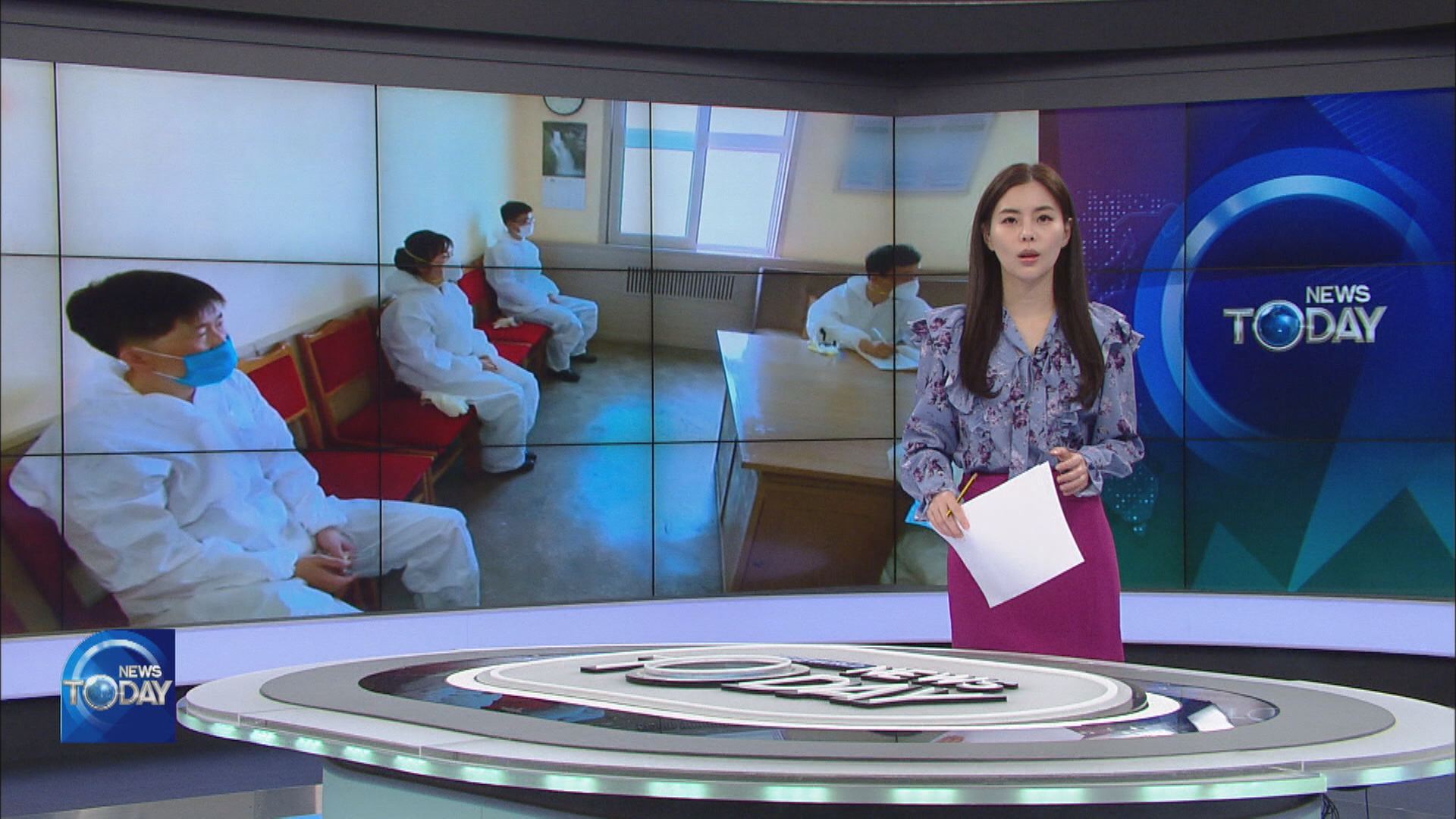

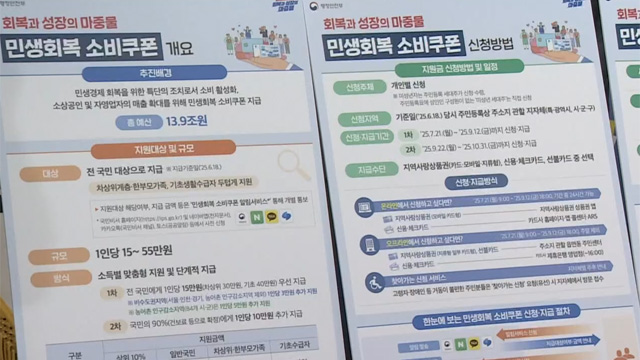
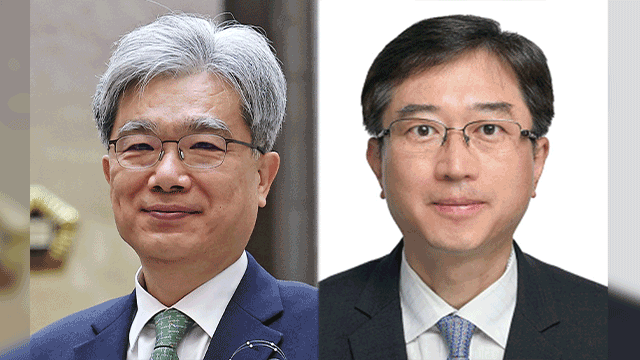
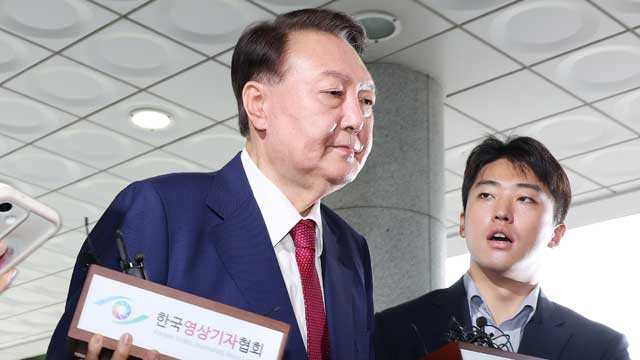
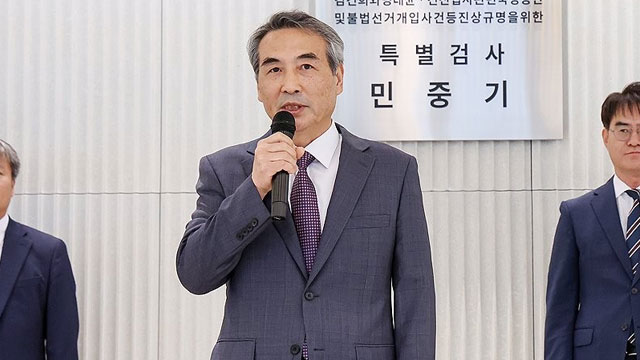

이 기사에 대한 의견을 남겨주세요.